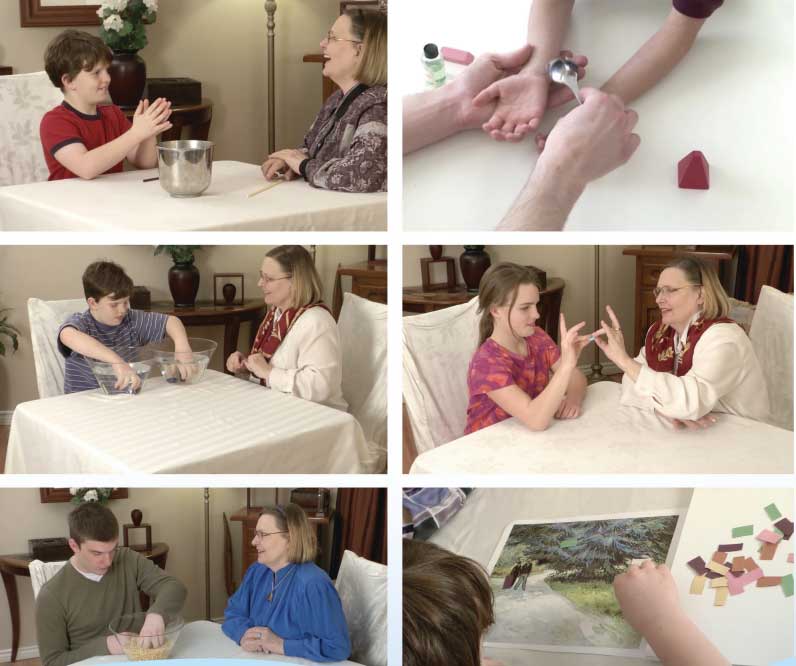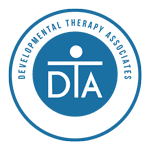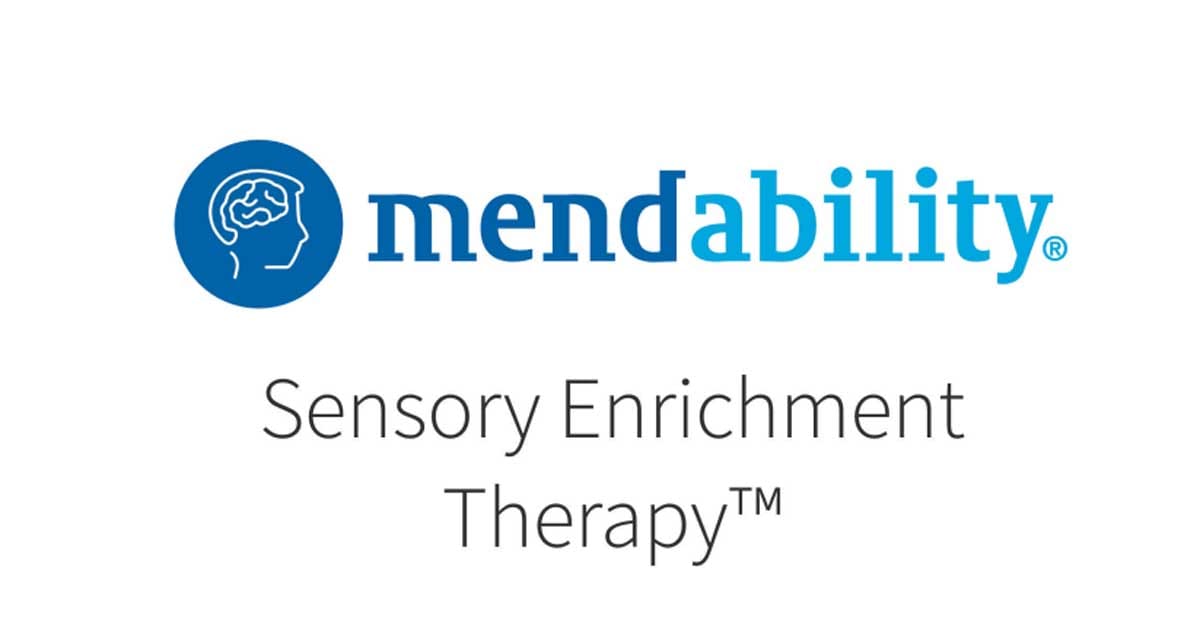Sensory Enrichment Therapy Complements Occupational Therapy
The goal of Sensory Enrichment Therapy is to induce a state of enhanced plasticity in the brain, it can reach deep into the root of behaviors such as: anxiety, processing issues, and more – not just addressing autism symptoms. It basically accelerates OT’s effects. SET’s focus on aiding the brain in learning to process the environment not to get so overwhelmed.
Who Can Benefit From Sensory Enrichment Therapy in Durham?
Sensory Enrichment Therapy (SET) is a unique and innovative approach designed to help individuals facing a variety of developmental, behavioral, and cognitive challenges. It aims to enhance brain function through a series of sensory activities that stimulate different parts of the brain. Here’s a detailed look at who can benefit from this therapy:
- ADD/ADHD
- Autism
- Asperger’s
- Obsessive Compulsive
- Attention Span
- Behavior & Anxiety
- Sensory Processing
- Communication & Speech Delay
- Social Immaturity
- Motor Deficits
- Intellectual Disability
- Memory Retention
- Poor Academic Performance
- Dyslexia & Dyscalculia

Benefits of Sensory Enrichment Therapy in Durham & The Triangle
Sensory Enrichment Therapy helps create new neural pathways and strengthens existing ones, which can lead to significant improvements in the above areas. This therapy is designed to be engaging and enjoyable, making it suitable for both children and adults. If you or a loved one in Durham are facing any of these challenges, Sensory Enrichment Therapy could be a valuable tool in achieving better outcomes and improving quality of life.
The SET program implements an online portal which provides weekly exercise to be completed at home. The exercises are done for 10-15 minutes 2x a day and are facilitated by a certified provider.
For more information visit the Mendability website at: https://www.mendability.com/ . Their website provides more information on SET and its applications as well as clinical research data on the effects on autism.

